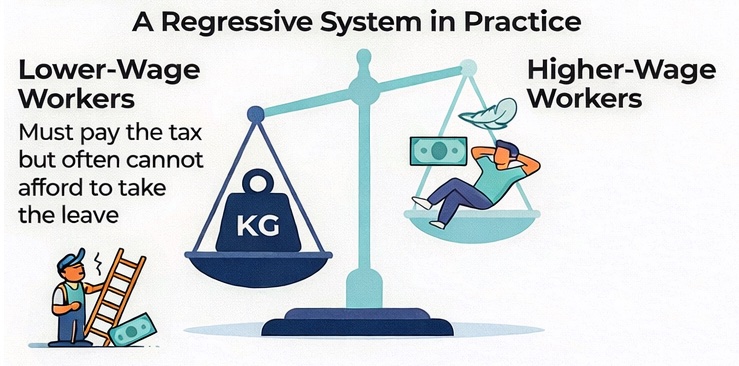The real goal behind the capital gains income tax proposal (HB 2156) was revealed today with the rejection of an amendment by the House Finance Committee. On a party-line vote, the committee rejected an amendment proposed by Rep. Vick to prohibit the Attorney General from asking the court to allow a gradated income tax without a constitutional amendment. HB 2156 was added to Finance’s agenda late yesterday.
The amendment read:
“The legislature recognizes well established state supreme court precedent declaring income to be property. The legislature also recognizes the fact voters have rejected six income tax constitutional amendments. If the capital gains tax is challenged in court, the state attorney general is prohibited from requesting the court to reconsider its prior rulings declaring income to be property.”
By refusing to adopt this amendment, it is clear supporters of the income tax on capital gains are trying to set up a lawsuit in hopes judges will do what voters won’t and overturn nearly a century of caselaw prohibiting a graduated income tax. As noted by the amendment, voters have already rejected six constitutional amendments to overturn these prior court rulings.
Though disappointing, this is not a surprise. Earlier this year several Democratic lawmakers filed an amicus brief in the Seattle income tax case asking the court to overturn nearly a century of case law prohibiting a graduated income tax without a constitutional amendment.
The courts should not be used to circumvent the people on income taxes. As state Supreme Court Justices told lawmakers in an unanimous 1960 ruling, they needed to first ask voters to amend the state constitution if they want to impose an income tax.
In related news, the House Finance Committee also rejected an amendment relating to the new tax structure study proposed by HB 2157. The amendment would have added historical context concerning voters’ actions on income tax proposals.
That amendment read:
“The legislature finds that while considering potential modifications to the tax code, the legislature should be mindful of the people's history of rejecting all forms of income tax, resoundingly. On ten separate occasions, Washington voters have voted down income tax proposals. The following resolutions to instate an income tax have failed:
(a) House Joint Resolution No. 11 in 1934, failed with fifty-seven percent of the votes;
(b) Senate Joint Resolution No. 7 in 1936, failed with seventy-eight percent of the votes;
(c) Senate Joint Resolution No. 5 in 1938, failed with sixty-seven percent of the votes;
(d) Constitutional Amendment Article VII, Sec. 2 in 1942, failed with sixty-six percent of the votes;
(e) Initiative to the People No. 158 in 1944, failed with seventy percent of the votes;
(f) House Joint Resolution No. 42 in 1970, failed with sixty-eight percent of the votes;
(g) House Joint Resolution No. 37 in 1973, failed with seventy-seven percent of the votes;
(h) Initiative to the People No. 314 in 1975, failed with sixty-seven percent of the votes;
(i) Initiative to the People No. 435 in 1982, failed with sixty-six percent of the votes; and
(j) Initiative to the People No. 1098 in 2010; failed with sixty-four percent of the votes…
Additionally, the work group must uphold the will of the people and not recommend any form of income tax."
Also rejected was an amendment to require the new tax study work group to only make revenue neutral tax policy recommendations.
Both HB 2156 and HB 2157 were adopted by the House Finance Committee on party-line votes.
Additional Information
Back to the future on efforts to impose a state income tax
Lots of “income tax” in nonpartisan SB 5961 capital gains tax bill report
Seattle Times op-ed: Call capital-gains tax for what it really is — an income tax






